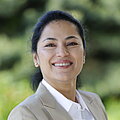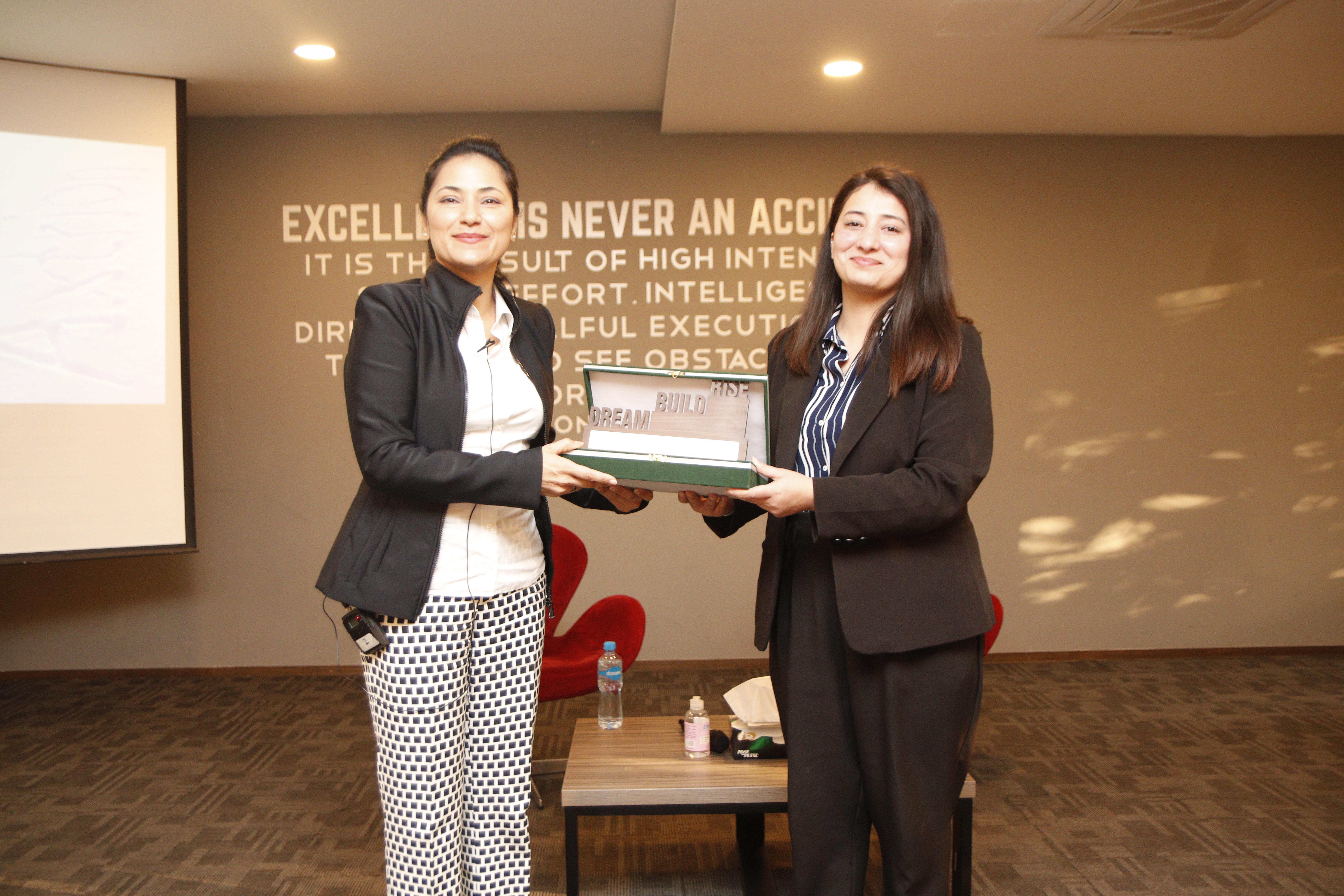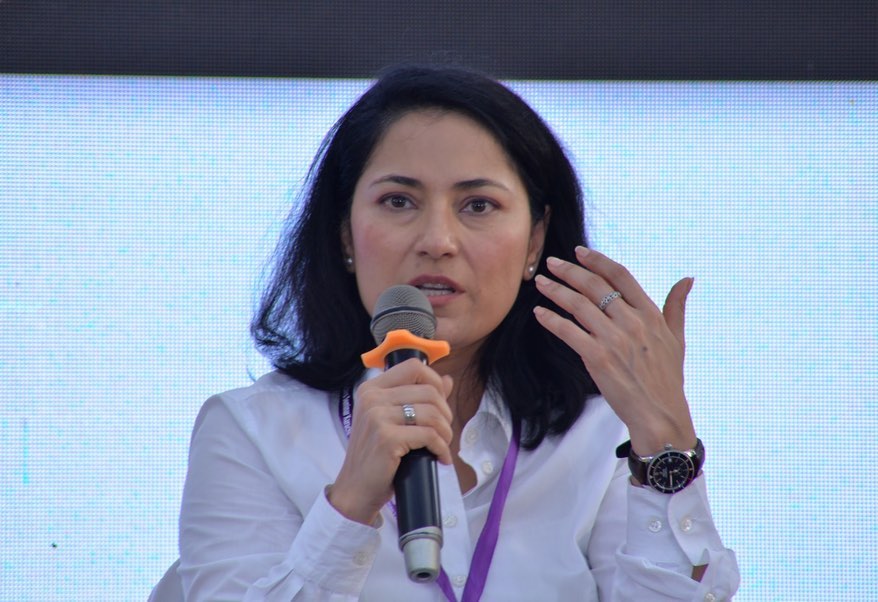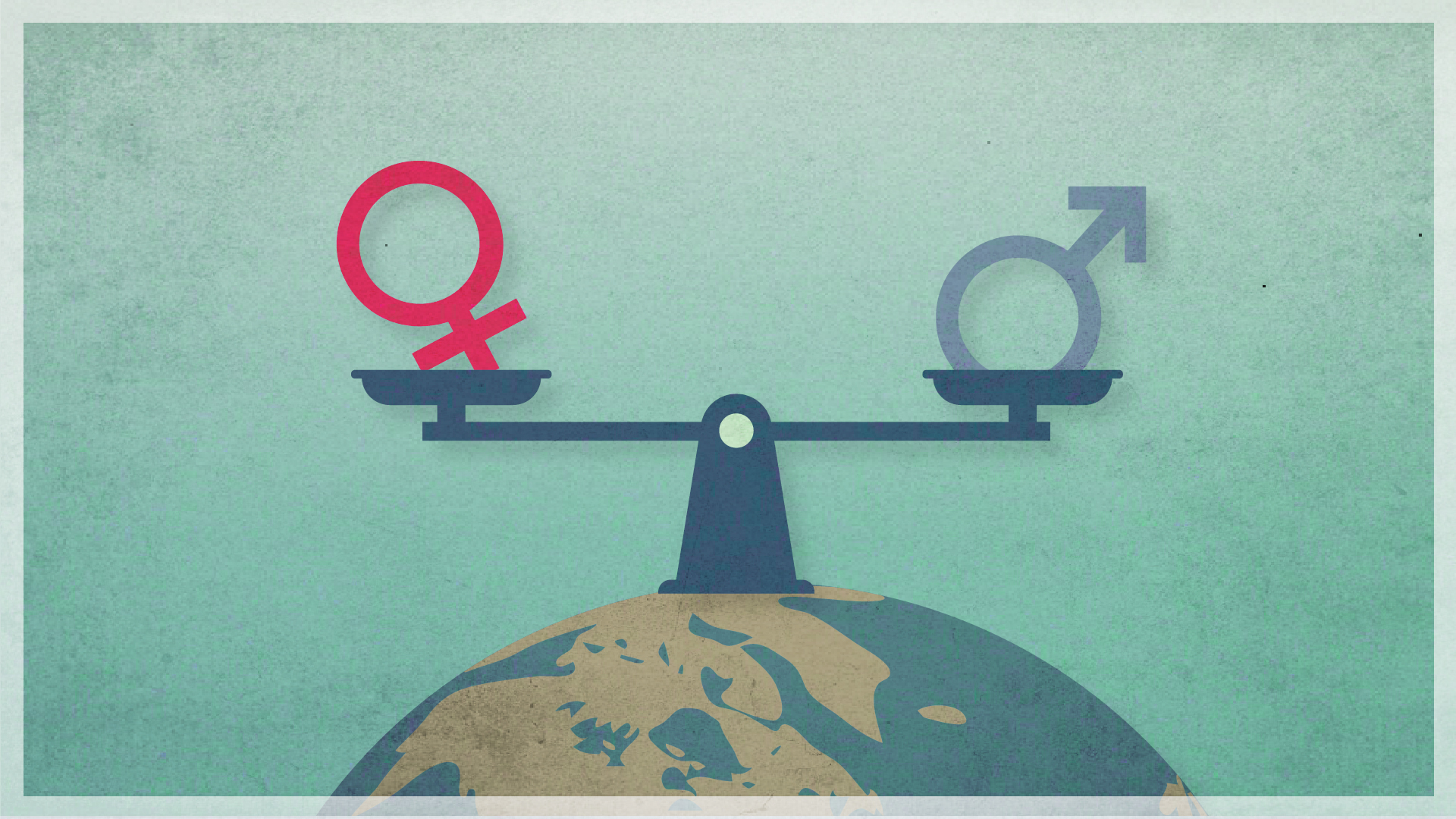What effect has the seizure of power by the Taliban in neighbouring Afghanistan had on the situation of women in Pakistan?
The current government has little sympathy for the Taliban and there is also resistance among the population. When we speak about the Taliban, we first think of the restriction of women’s rights, and rightly so, because we can see just how cruel their situation in Afghanistan is. But we mustn’t overlook the male victims because they also suffer. The seizure of power by the Taliban in Afghanistan has given Islamic extremists a boosts, including the so-called Pakistani Taliban. Again and again there are attacks in the border region in the north-west of the country, a stronghold for extremists. These are mainly carried out against Pakistani security forces and police, because they defend the state which is attempting to fight the extremists. The war in Afghanistan and the so-called war on terror have permanently destabilized Pakistan. Everyone suffers from the lack of security, both men and women.
Do you sometimes ask yourself what your life would have been like if you had stayed in Pakistan?
Sometimes I think about whether it was right to leave. Pakistan is fighting a very serious brain drain. The average age of the population is 23; there is a surplus of skilled workers and not enough jobs. Naturally, if everyone turns their backs on the country nothing can be improved. This is why I am trying to contribute something towards the development of the country from my location in Germany. Today, a permanent staff works remotely from Karachi in the company I founded in 2010. Using cloud technologies, we can work together transnationally, regardless of location. This is a huge opportunity, especially for the young generation within the country, because not everyone has the financial means to leave the country.
What ideas and impressions did you take back to Germany with you from this lecture tour?
I have realized once again how important women’s networks are, because this is exactly what is missing in Pakistan. Active public relations work and, last but not least, the clear representation of interests vis-à-vis national politics are the key to empowering female entrepreneurship and the equal participation of women. Networks are important: they also help to learn about others’ personal and professional experiences. This is why I am thinking about expanding the work of the German Association of Women Entrepreneurs to Pakistan, for example by means of a digital mentoring programme. It is important that we empower one another. The Afro-American author, Toni Morrison, once put it very succinctly, “When you get these jobs that you have been so brilliantly trained for, just remember that your real job is that if you are free, you need to free somebody else. If you have some power, then your job is to empower somebody else.”
*Science, Technology, Engineering and Mathematics







